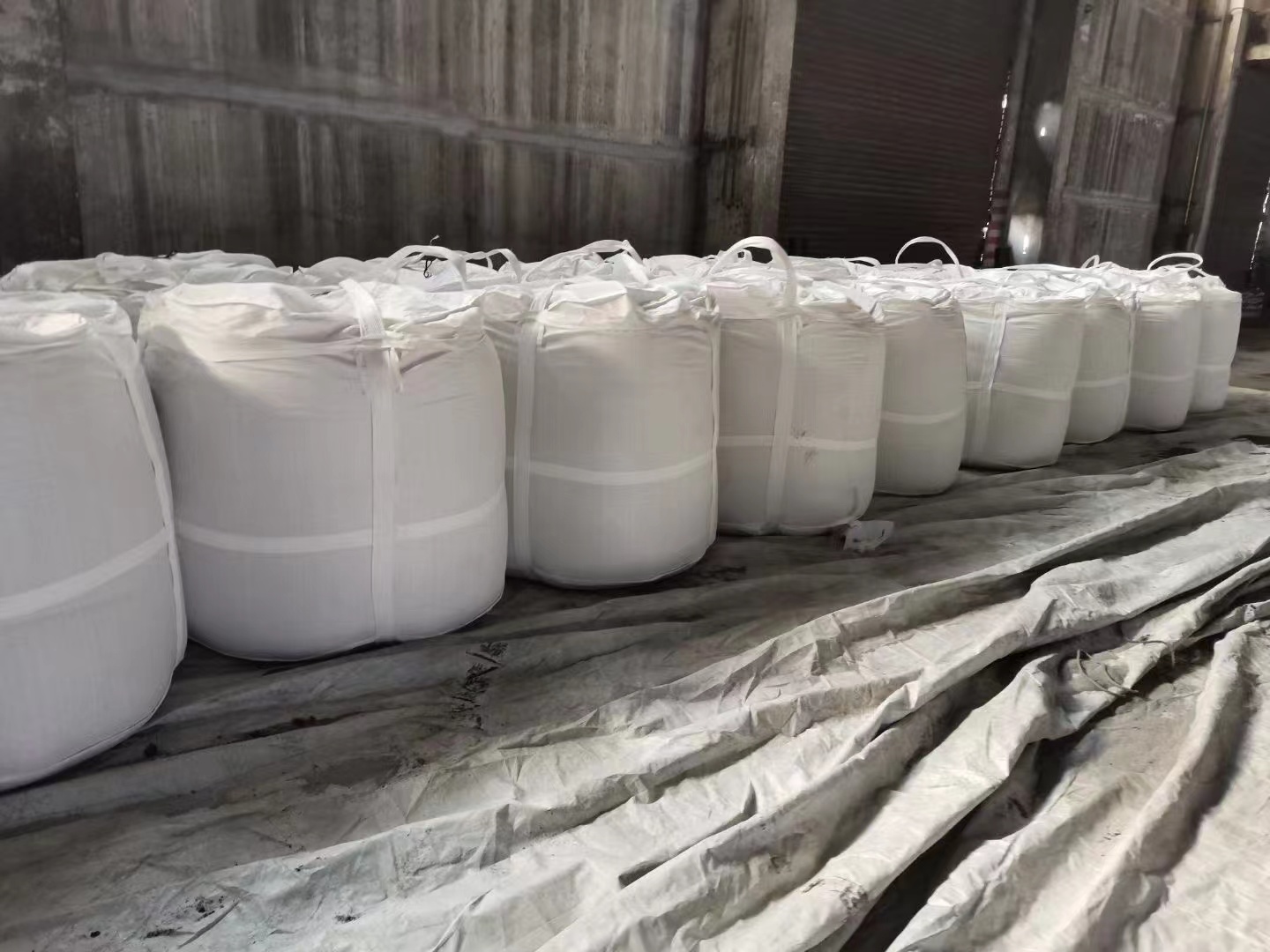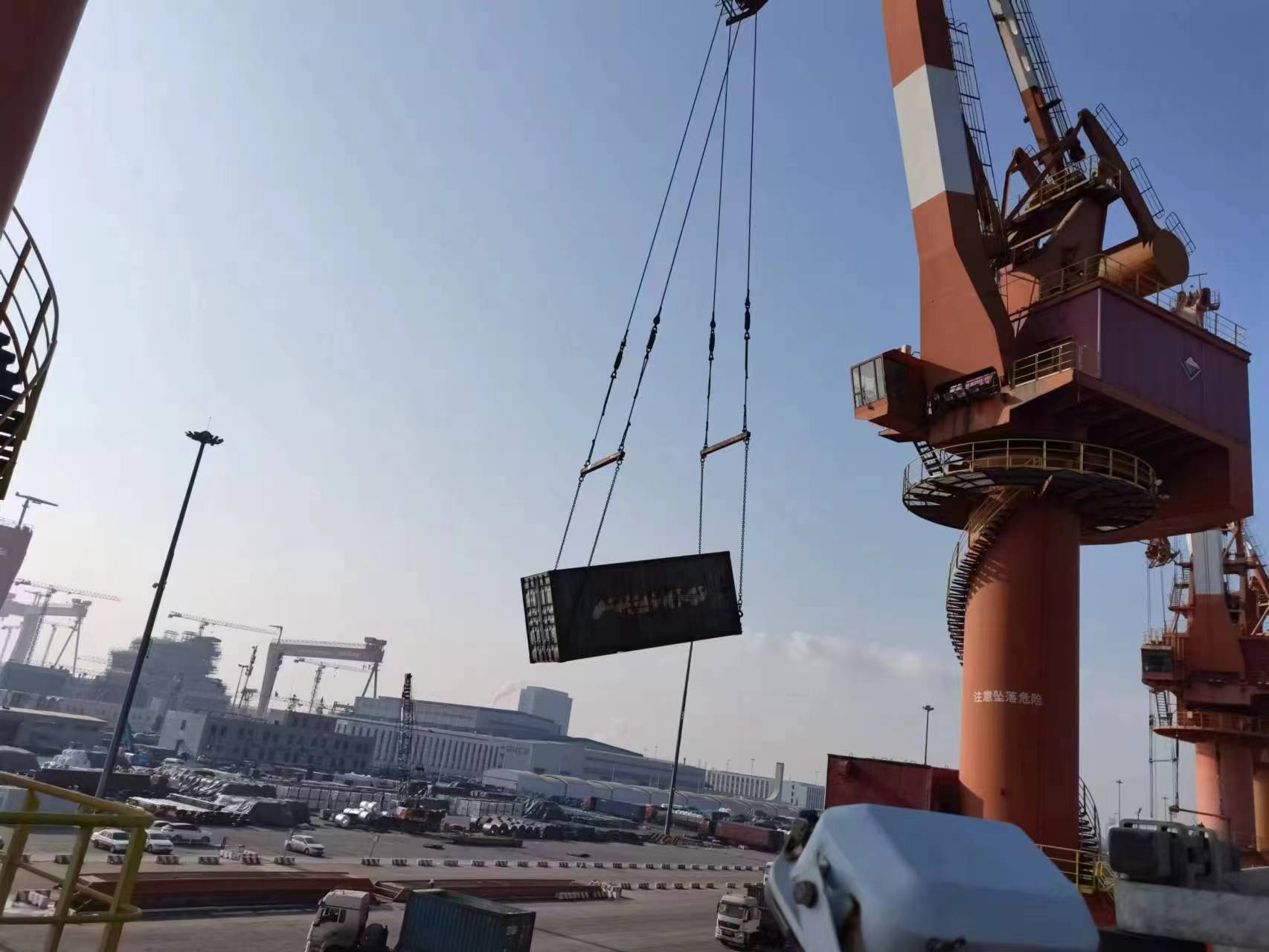Potassium fertilizer is one of the indispensable fertilizers in modern agriculture. It plays a vital role in crop growth and soil improvement. This article will explore the long-term effectiveness of potassium fertilizer and its impact on the sustainable development of agriculture.
The long-term effect of potassium fertilizer refers to its ability to continuously release potassium in the soil to meet the needs of crops within a growth cycle. This characteristic enables potassium fertilizer to reduce the frequency of fertilization and improve fertilizer utilization. The release rate of potassium fertilizer is related to many factors such as soil type, humidity, temperature, etc., so it is important to understand the behavior of potassium fertilizer under different conditions.
Common potash fertilizers on the market mainly include potassium chloride, potassium sulfate and potassium nitrate. Each potash fertilizer has its own characteristics and applicable scenarios, and farmers can choose according to crop needs and soil conditions. In particular, potash fertilizers containing sulfur, such as potassium sulfate, can further promote plant growth and improve crop yield and quality.
Potassium is an important element in the growth process of plants. It can promote plant photosynthesis, improve water use efficiency, and enhance plant disease resistance. Studies have shown that the appropriate application of potassium fertilizer can significantly increase the growth rate and yield of crops. When applying potassium fertilizer, it is particularly important to balance it with other fertilizers (such as nitrogen and phosphorus) to ensure that plants obtain comprehensive nutrition.
Potassium fertilizer can not only improve the growth and yield of crops, but also help improve soil structure. The rational application of potassium fertilizer can improve soil permeability and water retention capacity, thereby increasing soil fertility and promoting sustainable agricultural development. At the same time, the application of long-acting potassium fertilizer can help reduce environmental pollution and provide a guarantee for the promotion of ecological agriculture.
At a certain agricultural base, after years of potash fertilizer application, the nutrient content in the soil has increased significantly, and the yield of crops has continued to grow. Through scientific fertilization, farmers have not only gained economic benefits, but also achieved improvements in the ecological environment.
The long-term effectiveness of potash fertilizers provides important support for agricultural production, not only improving the growth quality of crops, but also contributing to the sustainable development of soil. In future agricultural practices, the rational use of potash fertilizers will be an important way to achieve green agriculture.
Here are some pictures about potash fertilizer transportation and loading to deepen your understanding of potash fertilizer application and its long-term effectiveness.
.jpg)
.jpg)
.jpg)


